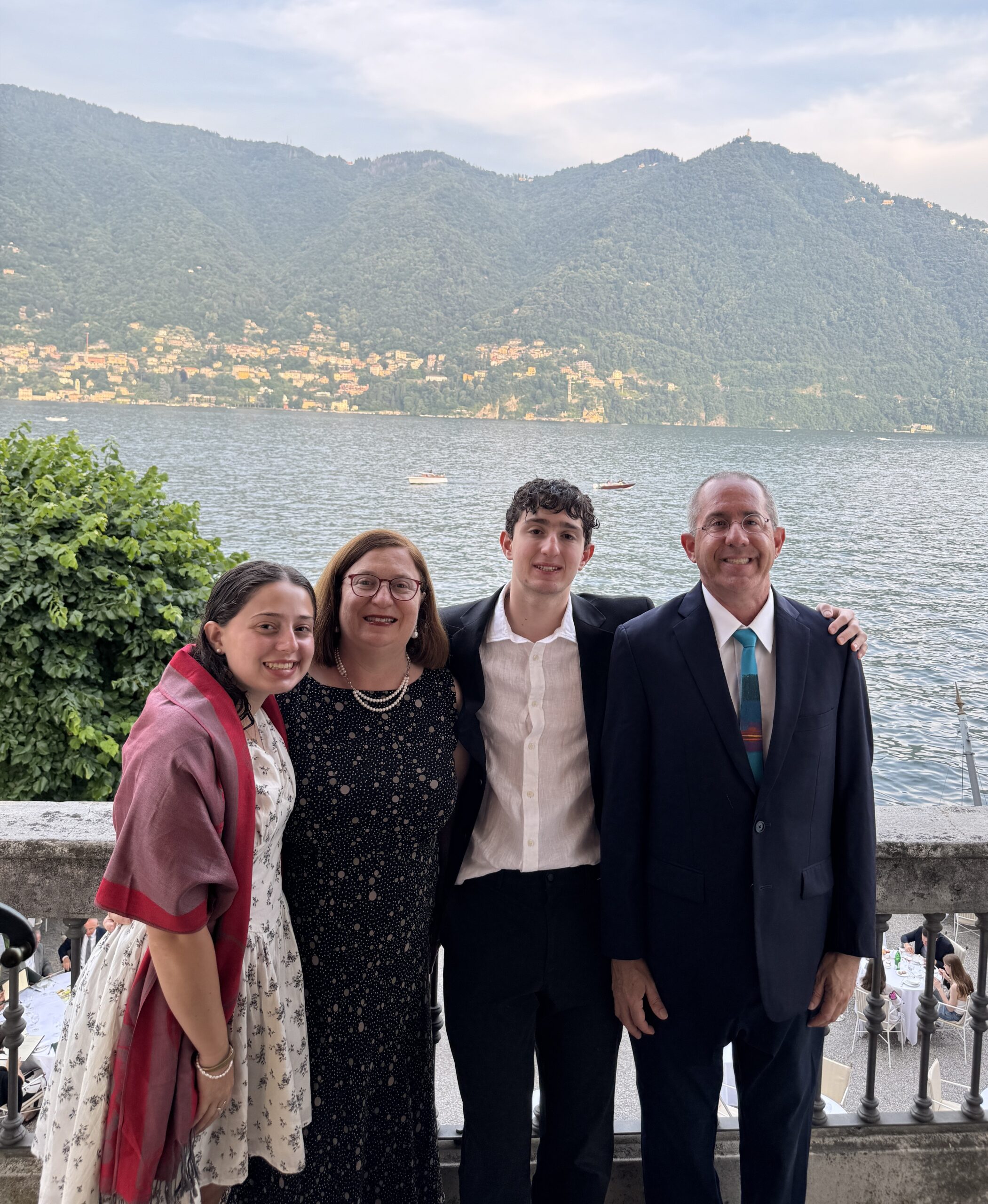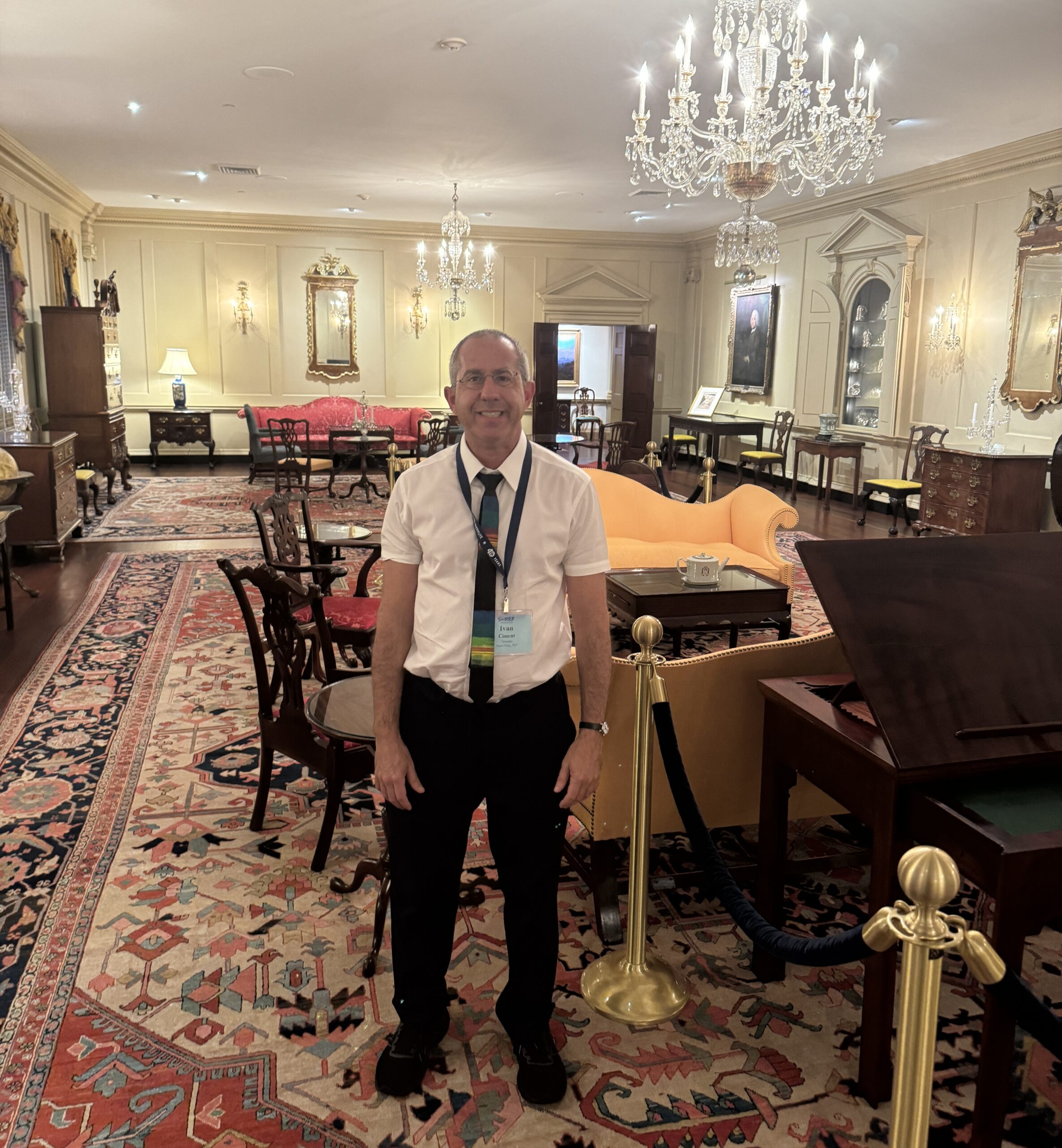Genetics
I like the idea of genetics being able to fix things that go wrong, particularly in pre-birth situations. I’m less excited about it as far as the food we eat. I figure there has to be a cost for these bigger fish or apples that grow faster, although no matter what you eat there’ll be someone who will tell you it is bad for you. Also, I happen to have a bias against eating things that pretend to be other things. Such as tofu dressed up as chicken. I have nothing against eating vegan but I don’t like it when I go to a vege restaurant and see a menu that imitates a meat menu with a bunch of soy and other substitutes. At least when I eat an apple that is a natural apple I know that it is an apple the way apples have been for thousands of years. It may draw upon newly polluted soil or water but that’s the chance I take. With this genetic stuff, I don’t really know what I’m eating and what kind of organisms might be taking root somewhere deep in my body that will creep up with some radioactive-type half-life in 50 years and cause me cancer. If we’re still around having not been hit by a meteorite or drowned by an eruption of an undersea volcano or the victim of some nuclear, biological or chemical attack by some Osama bin Laden admirer. Overall then, I am ambivalent. If it’s not one thing, it’ll be another.
Elian Gonzalez & Our Toilet Paper Society
Much of the rest of the world considers toilet paper a luxury, and for more than half of the world’s population, it doesn’t even exist as an option. Consider that for a Moslem family with 8 kids in the middle east, using a bidet instead of toilet paper is worth a couple hundred dollars a year (besides the religious aspect which prohibits wiping), which is equivalent to a year’s salary in much of the third world. I remember being at the Kirov Ballet in St. Petersburg, Russia about 8 years ago and there was no toilet paper in the theater’s bathrooms or just about anywhere else we went there or in Moscow. You can’t inspire much fear or respect as a world power when you don’t even have toilet paper in the Kremlin.
When you get down to it, much of the debate over what should be done with the Cuban boy who wound up in the US after a shipwreck boils down to toilet paper. Cubans have none of it, we have a surplus of it. Here Elian Gonzalez can be free to make plenty of money to buy all the toilet paper he could ever want. In Cuba he will not have the freedom to make money, and toilet paper can only be bought in a special store for elites with money they get from somewhere outside the normal course of business. Those that want to keep him here have decided that it is more important to have the freedom to wrap one’s self in toilet paper than for him to go back to his father who loves him and says he wants him back. I think this is a horrible and short-sighted lesson that this particular sector of demagogues in the Cuban communities are preaching.
This is not rocket science; international law and my gut feeling are that little kids belong with their parents. There was never any evidence that the father was not a good father or that Elian doesn’t want to be with him. He has grandparents in Cuba who he knew well. Should the kid live now in Miami with relatives he never knew before? If a 6 year old became convinced to stay here (with all those toys and cartoons being thrown at him for 5 months), is it a good thing that we permit conditions to exist that create such change and alienate a kid from his parents while the legal process is turned into a political football? My understanding about life in Cuba based on friends who have visited there this past year is that most Cubans don’t know much about anything beyond Cuba and have no idea that they are missing out on anything. Many of them are nice pleasant people who lead basically happy lives. They are not walking around angry every day because they lack for toilet paper though you would because you have come to expect it.
I would send the kid back even if it were to Stalin ruling the Soviet Union. If you believe in family values besides the rule of law, you believe that family units are something to be recognized and respected beyond the State in which they exist. Not everybody has to live in America and not everybody gets the privilege. Many will gladly trade wealth for love; many who have wealth without love are never truly happy. We take the cards we are dealt; no doubt, if I were born an Italian Catholic in Iraq, that’s what I’d be today. And I can’t imagine I’d like to be torn away from my parents at the age of 6 in order to live in the U.S. and go to Disney World. In one sense, you are a citizen where you live. In a more personal sense, your place is your home and your home is where the heart is — often a loving family. So is it Daddy or reach for the Charmin?
Bill Gates and Microsoft: Why He Deserves to be #1
In 1991, I bought my first PC for professional use. It cost about $2,000 and for some reason my brother convinced me that we would save a couple hundred dollars and have someone put together a clone of a brand-name PC. Big mistake although the idea of getting a computer that worked out of the box is a relatively new phenomenon. If you can remember all the way back to 1991, you bought a computer and when you started it up the first time if it came pre-installed with DOS (not that mine did), you’d be thrilled to get a black screen with nothing but a C-Prompt which looked something like this: C:/ And you’d type something like “wp” and perhaps Word Perfect would run once you’d installed it.
If you wanted to get fancy, you’d hire a consultant who would create a situation where you’d turn on the computer and be able to select from a menu such as: Type 1 for Word Perfect. Of course, if you later decided to drop Word Perfect or have something else be in the Number 1 slot, you had to bring back the consultant to change it. The average bozo did not even think about programming in DOS and doing it himself. In my particular case, the couple hundred dollars saved cost me over $2,000 in consulting fees just getting the darn machine to work and reaching the point of being able to type “1” to start Word Perfect. That machine never really did work right. The consultant cost more than the PC.
Windows changed all this. In 1997, I traveled abroad and saw the familiar Windows screen at bed and breakfasts and restaurants all over the globe. I walked into a friend’s apartment in Zurich and he was having problems with something like his screen saver. Because Windows 95 had a similar interface all over the world, the fact that I knew no German at all didn’t prevent me from making the necessary adjustments to his system. All of a sudden, here I am acting as an expert consultant in a foreign country when a few years before I couldn’t turn on my own PC to save my life. Bill Gates and Windows made it happen. Danke shein.
I have never stopped appreciating the fact that I can now send documents that can be read whether or not the recipient has a PC or a Mac, that Microsoft Word format is the best guarantee for being able to have my document read anywhere in the world, or that Internet Explorer browser lets me move quickest among pages on the Internet which can be read from any PC anywhere hooked up to a phone line. I resisted Explorer for years; I figured I’d stick with Netscape because I resented Microsoft insinuating its browser into the nooks and crannies of everyone’s operating system. But I’ve come to acknowledge that its product is superior and I’ve climbed aboard enthusiastically. I still prefer Word Perfect to Word as I find it more intuitive, but I must say that Word Perfect has only gotten worse with each advanced version. If Word could just figure out how to build in a Reveal Codes function so that I could diagnose the source when I make a mistake. Till then, I am still a Word Perfect fan. [Someone told me there is Reveal Codes on Word but I can’t figure it out.] But the differences are subtle enough that it almost doesn’t make a difference anymore.
And that’s a good thing. It means I can travel and get my work done from other people’s PC’s. We can read each other’s work. We can move ideas around. Increase global understanding and reduce miscalculations which lead to war. Bill Gates has done his part and deserves his cut; the world is safer because of it.
As for Microsoft, I recently bought more shares ($66). Whatever they do to the company, it will be a valuable stock for the long term. Linux will not be an alternative until there is Tech Support to come with it. Word may be inferior to Word Perfect but it comes pre-installed with so many computers that people just use it and will keep doing so.
World War II Slave Labor: Whose Tab Today?
Though World War II finished over 55 years ago, lawsuits have recently been filed to claim damages for lost wages by people enslaved by companies under Nazi occupation. Assuming that these claims are valid, someone will have to pay the tab. The question is who? The problem with pointing fingers at corporations and governments is that there are real people behind them and the pockets to be picked might not be the ones you’d think. It is an emotional issue which deserves to be thought out a bit.
If I, a 33 year old guy living somewhere, owned 1,000 shares of the German company DaimlerBenz and found out 50 years later that Daimler was being held liable for damages for acts in the 1940’s, I’d be furious because I had a right to be on notice of such a thing when I bought the stock say this past year. A publicly held company “knows” what its contingent liabilities are because there are things such as the statutes of limitations that limits peoples rights to sue after X number of years have gone by. We expect companies to list these contingent liabilities in their prospectuses and want the legal system to be set up so that what is listed in these prospectuses turns out to be correct. Now if you tell that to an American who dislikes Germans he might not see the point (after all who here cares about the benefit of German companies and their shareholders), but if you advise him that his Chrysler stock (which is now for all intents and purposes Daimler Benz) is therefore affected, he might see things in a different light.
Let’s put to the side for a moment the idea that 55 years have passed. There are other reasons why companies are not the best target from which to seek restitution. These companies are for the most part publicly owned companies owned by people who didn’t own them 50 years ago; if I am correct, these companies were nationalized by the governments during the war and didn’t exactly act independently. At the time, these companies acted legally according to their legal systems. Now that might sound like doublespeak but the fact is that a company that acts according to the law of the land should not be punished for what it does. There is something about victors post-war establishing justice and turning the clock back to say that a company deserves to have liabilities because the law itself was bad. It’s really not fair to “hit” those that happen to be the shareholders of the company 55 years later when someone decides that it is time to deal with such an issue and for the company to pay especially when today there is hardly any company that is not owned by another foreign company. Can you really tell where the Japan ends and the American begins in the Mazda company?
If there is to be a liability for slave labor, it should be paid by the national government which is a more appropriate party to bear and share the risk, since the work was done for the war effort which had the effect of providing benefit to that country at that time. And if the law was a bad law, well then make the country’s government pay.
Two remaining hurdles. First: Is it fair to penalize people who during the war were occupied by another country, meaning that their government really wasn’t their government? In some countries that was the case. It would be unfair to penalize the French people for the acts of a government that occupied the country. In Austria, which essentially welcomed Hitler, I think the post-war government is fair game.
Second point: After World War II, agreements were made with post-war governments. They were intended to be final agreements. The reason people are going after the companies now is that there were final settlements with the governments. The counterargument is that because of communism, the final settlements entered into 40-50 years ago were considered the best that could be gotten at the time even though they were clearly insufficient; now that communism is gone, we know much more than we did and we have access to assets that were once considered unreachable. I think there is enough cause to be able to reopen the file on the government level because it is a special instance where the parties who made the original deal based it on a set of facts and circumstances which turned out to be mistaken. In the world of law, that’s enough to open up a previously sealed contract. Also, we are talking about reborn countries that were once satellites of Moscow. They now are independent with a new basket of rights as well as responsibilities. It is fair game to make them pay their way as they enter the community of nations as Western players.
This is hair-splitting stuff, primarily penalizing people who weren’t even alive 55 years ago, and I’m not really comfortable sticking anyone today with the bill. They are the wage earners today who will pay the taxes to pay these bills. Most of the survivors of World War II will never see anything more than a few pennies of whatever money does come in; the lawyers and intermediary organizations will take almost all of it. No Swiss bank account holder has yet been paid a penny even though the settlement was reached 2 years ago. Most of the people who did the slave labor are already dead. The whole thing seems more of a penalty than a restitution. The present climate is only creating resentment among the new generation of being made to pay for their parents’ mistakes without having had to really come to terms with them in the first place. A more constructive idea might be for these governments to contribute to a fund that organizes programs for those alive today that might learn something from the past so as not to repeat the mistakes of earlier generations.
Television and the Lost Art of the Imagination
About 10 years ago I heard a speech by Rabbi Adin Steinsaltz at the University of Pennsylvania which I haven’t forgotten. A generation ago, a person would sit around just like you are and think about what Lake Geneva might look like. Today, he or she can watch pictures of it on TV or Internet (although video cameras capture only an angle and not a full dimensional view) or go there ourselves (just 6 1/2 hours flying from New York). There is no reason to try and imagine it and indeed, it has become almost impossible to imagine it because we often already know what to expect, despite the fact that what we think we know might be skewed from reality. Maybe this is worse than having no idea at all and being left the freedom to imagine what “it” might have been or is (depending of course on what the meaning of the word “is” is — this last phrase being Clinton’s unique contribution to the quest for the meaning of life).
Art is one of those few areas left where we expect that there is no reality that leaves nothing to the imagination. This is despite the fact that my high school English teacher purported to tell me everything that was in Shakespeare’s mind when he wrote his plays. It is a free space of sorts, in which it is OK to be “wrong.” Some of us like art because it is a collectible and we think we can make money from it. Others just like art because we feel uplifted by seeing the image on our wall whenever we feel like it. I fall into that category. I’m the sort who walks into a museum, takes a look around the room and then looks at the one or two pictures that I like and pretty much ignore the rest. How do I know when I like something? I don’t know — I just know it when I see it. And that’s good enough for me. I don’t claim to be a connoisseur.
There’s something about Russian art that moves me in particular. It’s lifesize, tells a story and conveys a certain type of emotion. You feel like you are there experiencing the same thing the artist did at that time in history. Much of traditional Western European pre-impressionistic art which basically was church-sponsored propaganda just doesn’t move me the same way.
Usually, my favorite art makes me feel happy but I also appreciate art that makes me feel sad. The most memorable of these paintings hangs in the Tretyakov Gallery in Moscow and is appropriately called — considering my name — Ivan the Terrible. I’ve only seen it once — in 1997 walking around jet-lagged during the first hours of a 3 day visit to Moscow and back — but it haunts me consistently. When you look at it, you somehow get two conflicting feelings at once: (1) I, Ivan the Terrible, the infamous ruler of Russia, am very sad because I am holding in my hands my first-born son who is dying and I can just see the blood and life draining right out of him. (2) I, Ivan the Terrible, the infamous ruler of Russia, am very upset because I am so angry at my son that I have just bludgeoned him to death. Now, you can’t see this picture right now but perhaps you can imagine it happening about 400 years ago just like today. Maybe the image, the emotion, whatever. Global progress has to leave room for people to imagine things both real and surreal. It is not enough for our brains to think about creating computer codes and weighing the probabilities of public companies and it is necessary to be able to have space to be wrong without consequence. Technology will be at its best when it inspires and not replaces imagination.
Have a safe and creative day!





